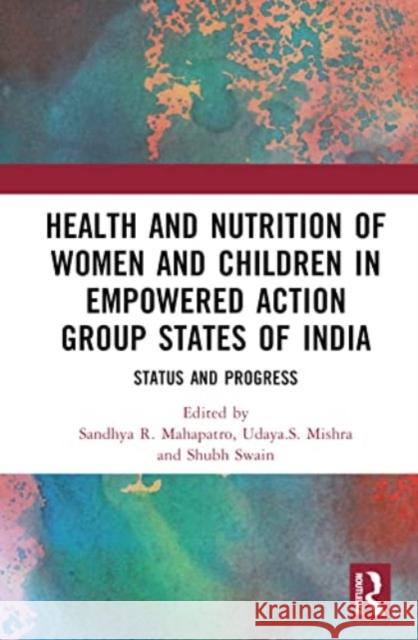Health and Nutrition of Women and Children in Empowered Action Group States of India » książka
topmenu
Health and Nutrition of Women and Children in Empowered Action Group States of India
ISBN-13: 9781032374871 / Twarda / 2023 / 284 str.
Health and Nutrition of Women and Children in Empowered Action Group States of India
ISBN-13: 9781032374871 / Twarda / 2023 / 284 str.
cena 702,94
(netto: 669,47 VAT: 5%)
Najniższa cena z 30 dni: 654,86
(netto: 669,47 VAT: 5%)
Najniższa cena z 30 dni: 654,86
Termin realizacji zamówienia:
ok. 22 dni roboczych
Bez gwarancji dostawy przed świętami
ok. 22 dni roboczych
Bez gwarancji dostawy przed świętami
Darmowa dostawa!
This book tracks the progress of maternal and child health (MNCH) — part of SDG 3 — in Empowered Action Group of states in India.











